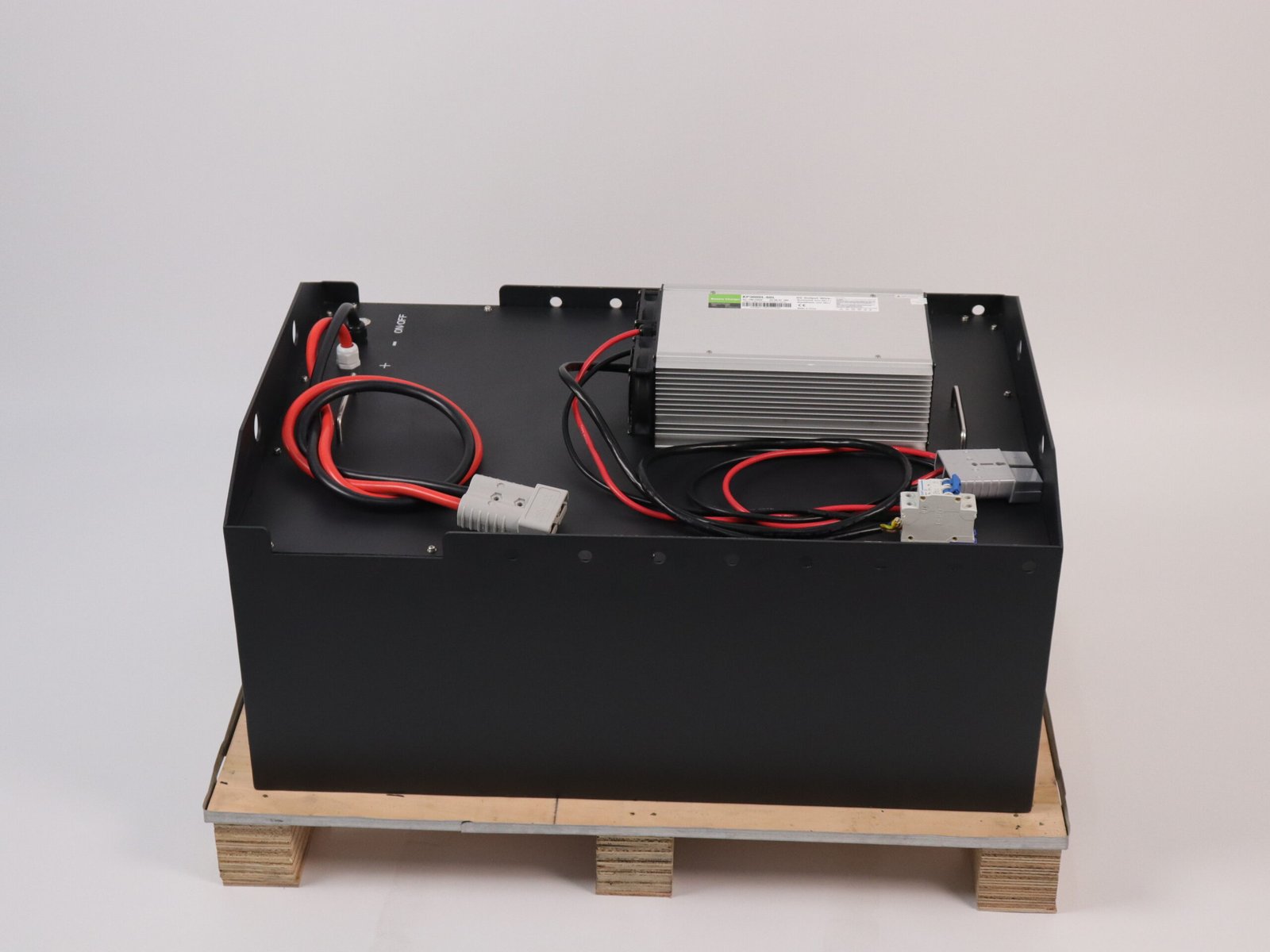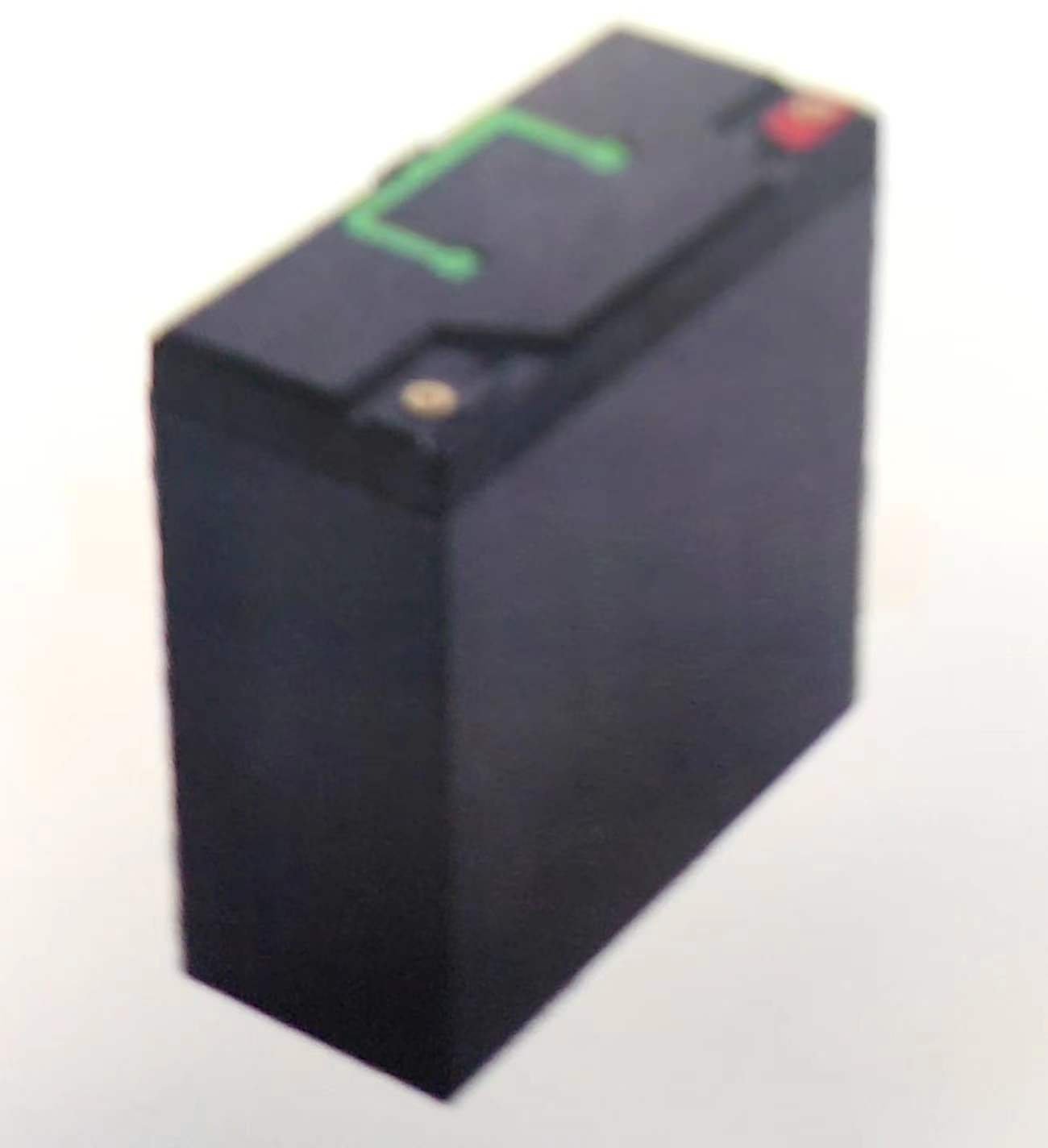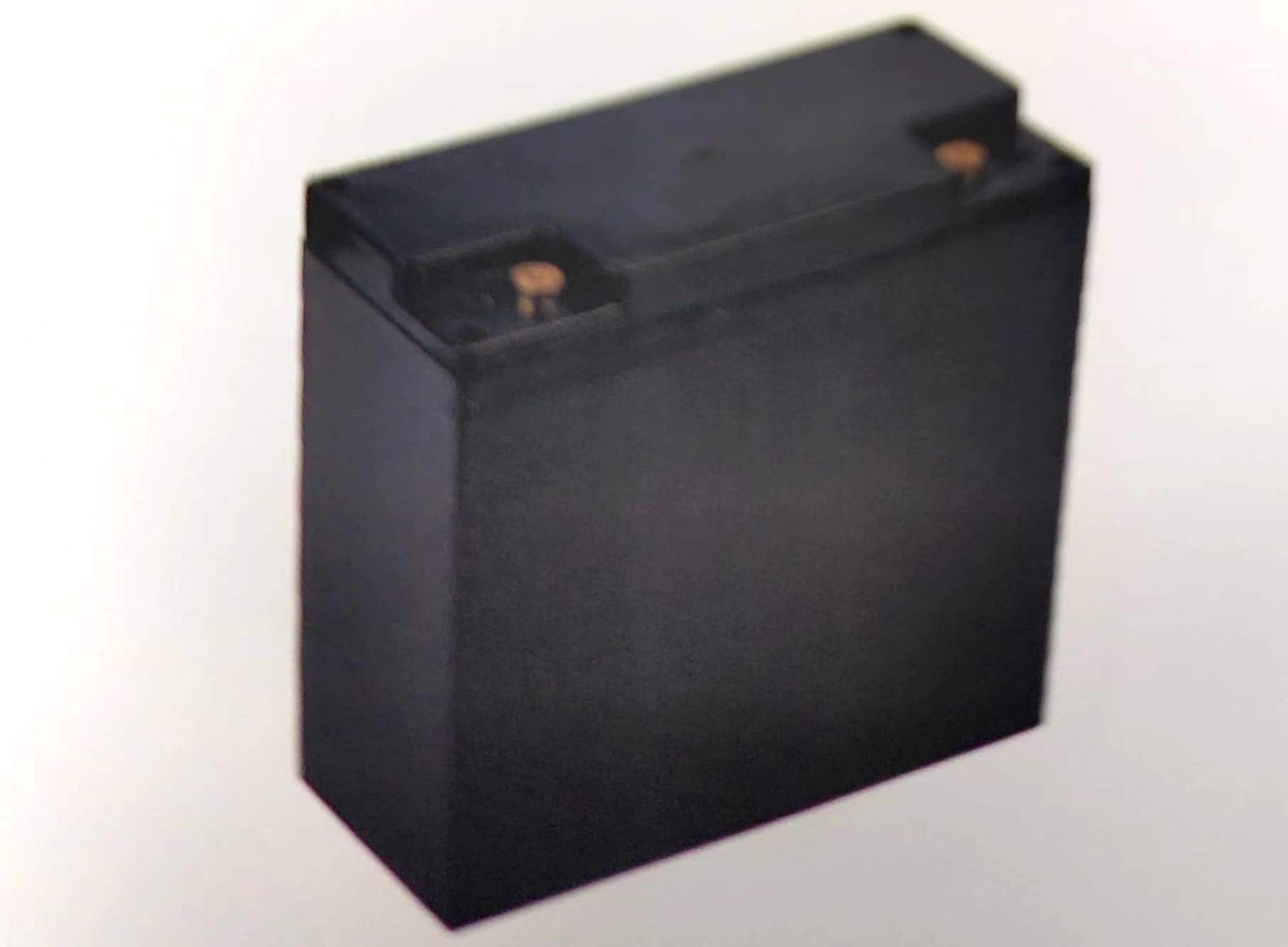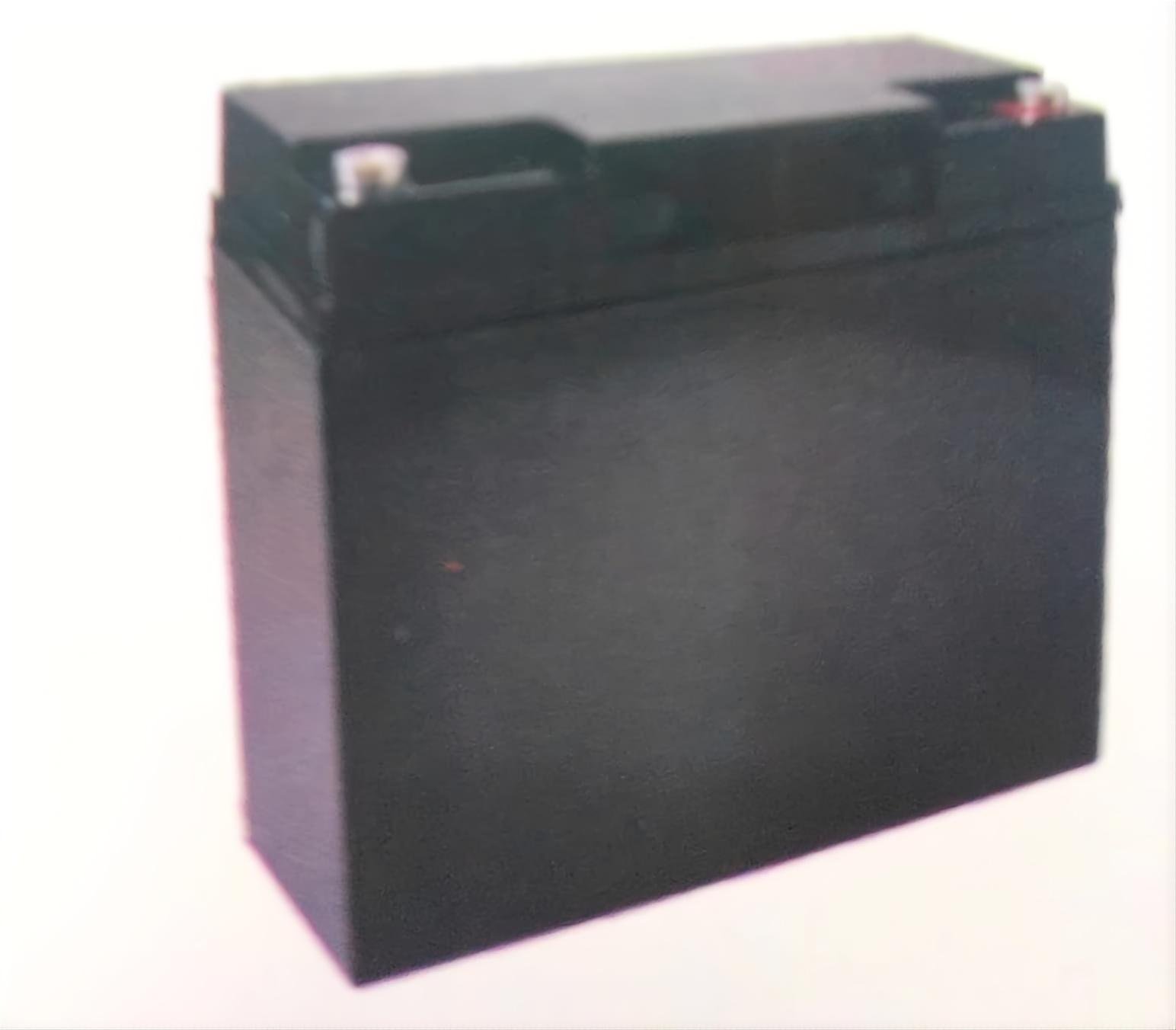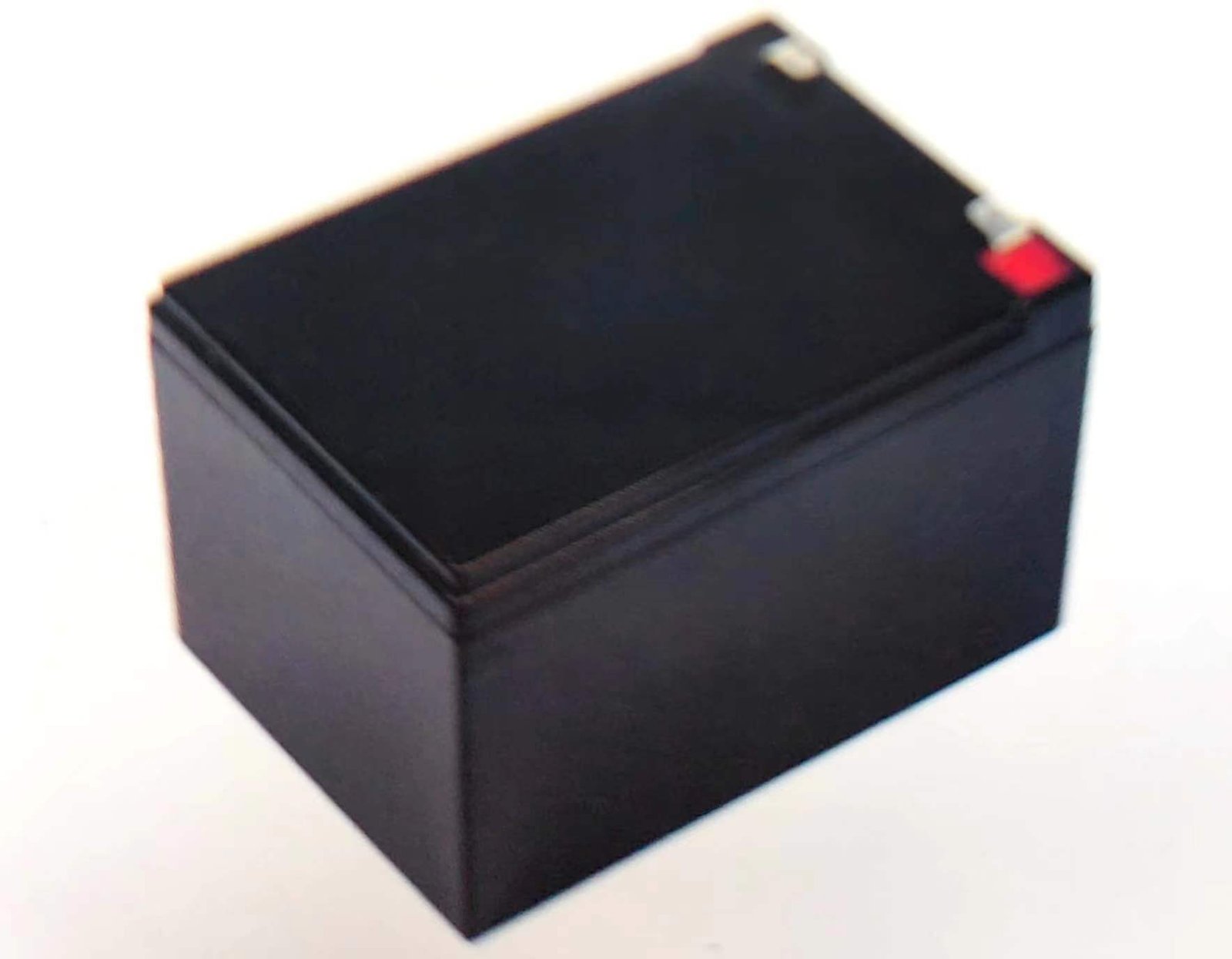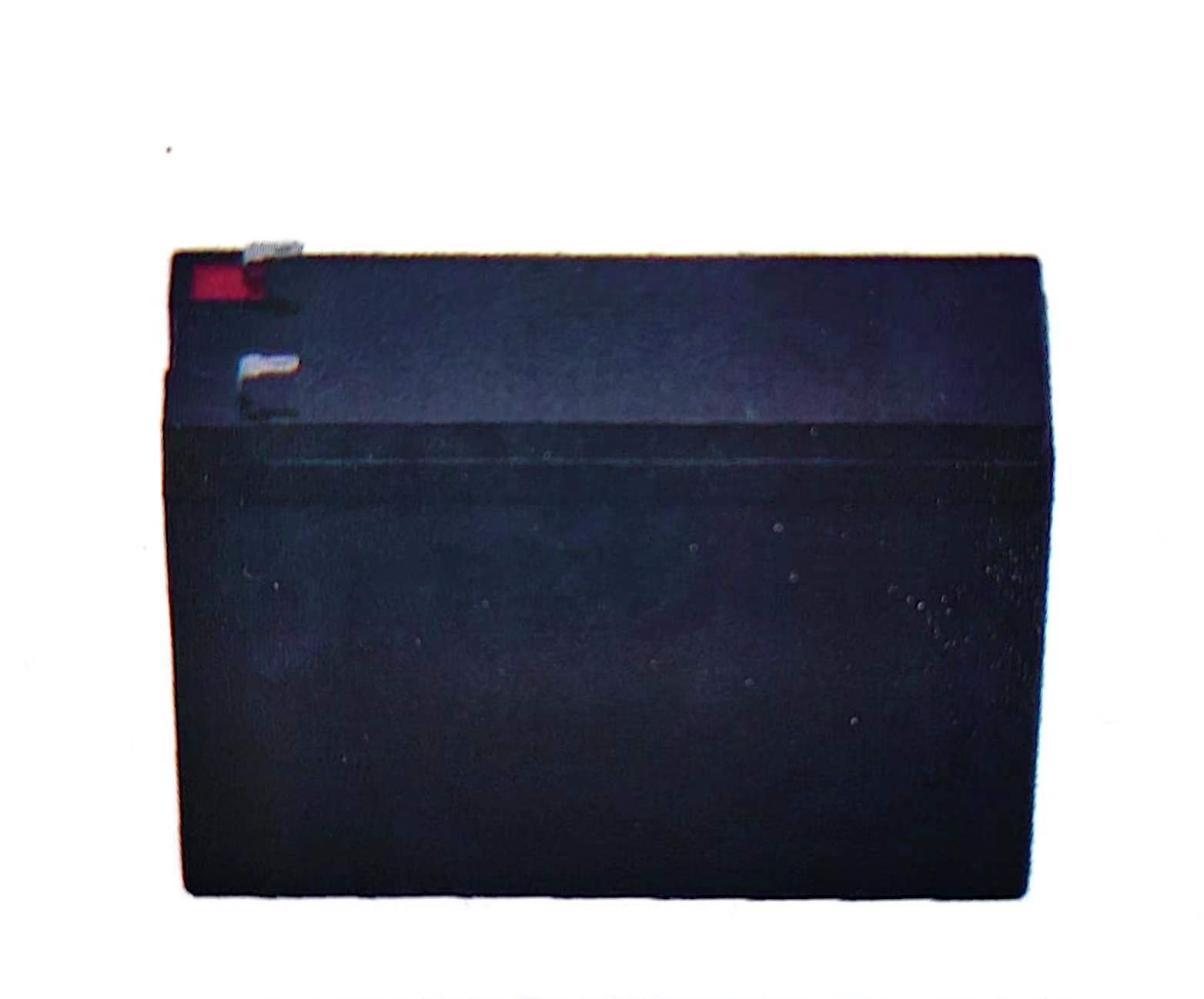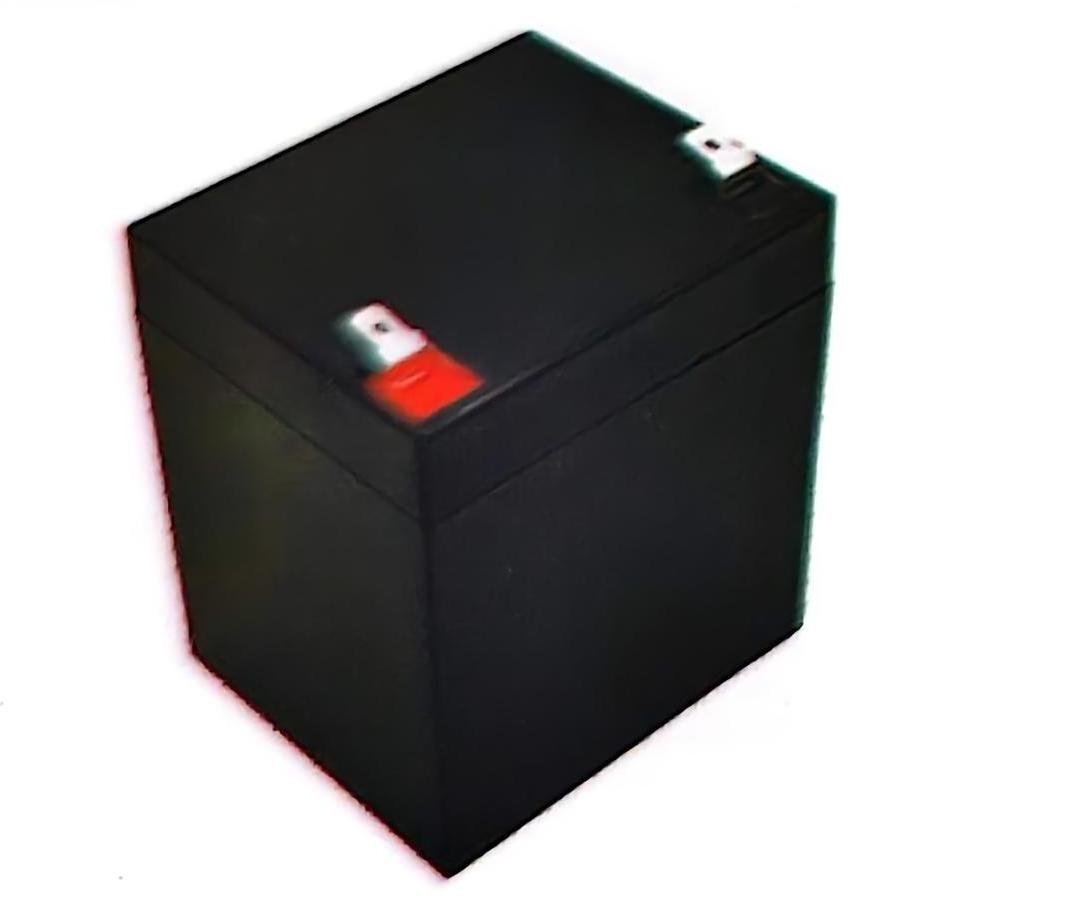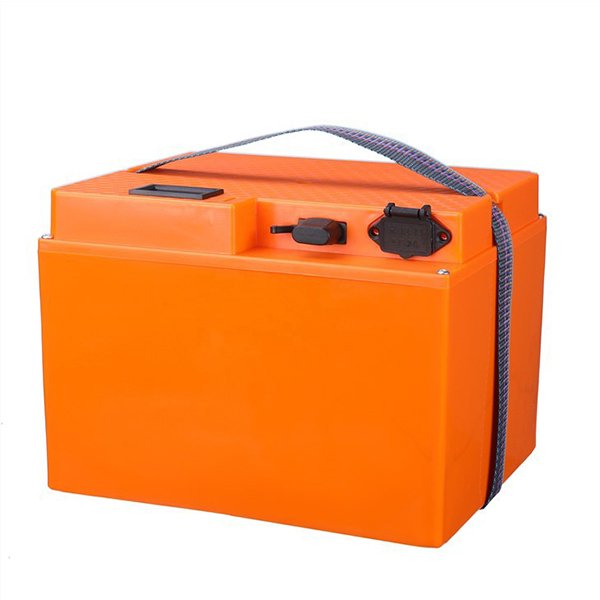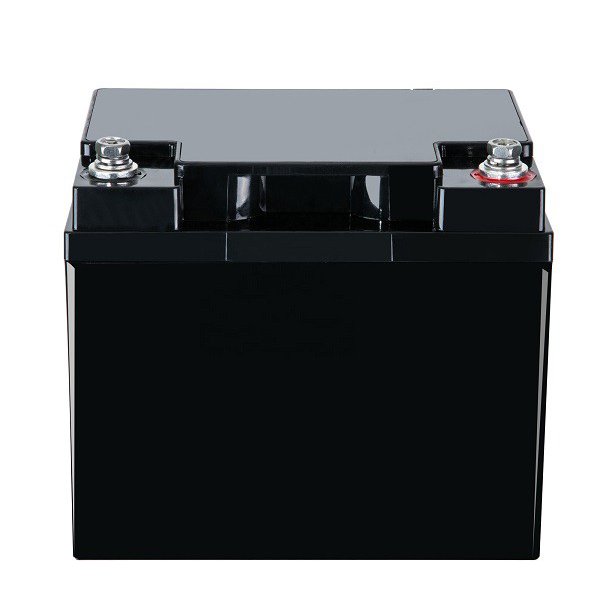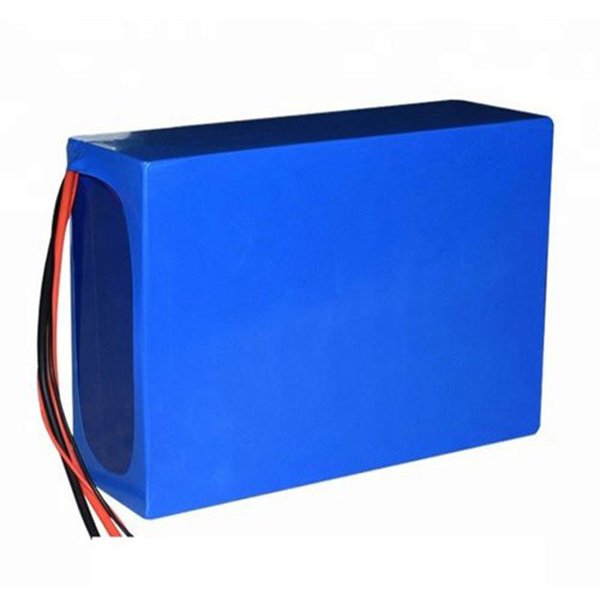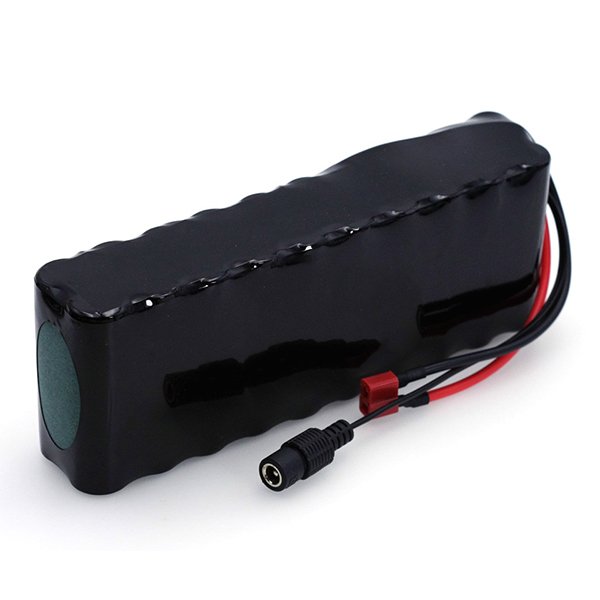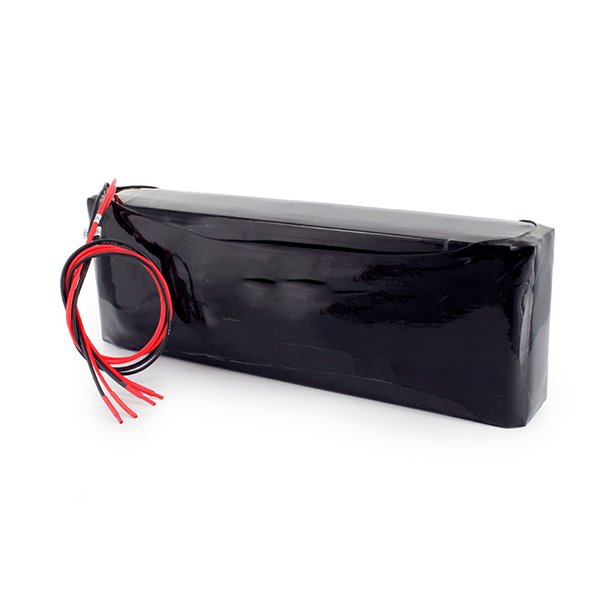This 72V lithium battery pack is very suitable and convenient. The following is the detailed description.
Item Specification
Product Name: 72V 23Ah Rechargeable Lithium Battery Pack (DNK-LTB20S5PC-R)
BATTERY SPECS:
Specification: 72V 23Ah
Input: 84V 10A
Output: 72V 10A/20A/30A/40A/50A
Cell Brand: Samsung/LG/Sanyo/Chinese 18650 Cells
Dimension: 225*250*122mm
Charging Operation Temperature Range:0°C~+45°C
Disharging Operation Temperature Range:-20°C~+60°C
Over current detection current: 80A
Internal Resistance: ≤98mΩ
Cycle Life: 500
-Specification of 72V 23Ah Lithium Battery-
| Items | Standard | Remark |
|---|---|---|
| Nominal voltage | 72V | - |
| Typical capacity | 23Ah | At 1C discharge rate |
| Max continuous discharge current | 50A | - |
| Over protection current | 80A | - |
| Charge voltage | 84±0.1V | CC-CV |
| Charge current | 10A | |
| Inner resistance | ≤40mΩ | - |
| Operation temperature range | Charge | 0℃~+45℃ |
| Discharge | -20℃~+60℃ | |
| Storage temperature range | 0℃~40℃ | Capacity 80% |
| Humidity | 5%≤RH≤85% | - |
| Shell material | Steel | - |
| Size | 225*250*122mm | |
| Protection function | Over charge protection、Over discharge protection、 Over current protection、Short circuit protection、Temperature protection |
|
| Communication | Bluetooth communication | |
-BMS Parameter of 72V 23Ah Lithium Battery-
| Items | Conditions and methods | Unit | Floor | Reference | Ceiling |
|---|---|---|---|---|---|
| Operating voltage range | --- | V | 56 | --- | 84 |
| Charging current range |
--- | A | 1 | --- | 50 |
| Discharge current range |
--- | A | 1 | --- | 100 |
| Impedance of charge and discharge circuits |
The charge and discharge circuits are turned on The impedance between the BN-PN terminals. |
mW | --- | --- | 10 |
| Voltage protection delay | --- | S | --- | 3 | --- |
| Temperature protection delay | --- | S | --- | 3 | --- |
| Over current protection delay | A dynamic analysis/ | --- | --- | --- | --- |
| Single cell measurement error | 2.0 < Vcell < 4.5V。 No operating current/ |
mV | --- | --- | 1 |
| Error of current measurement | --- | % | --- | --- | 1 |
| Error of temperature measurement | --- | ℃ | --- | --- | 1 |
| The work environment | Temperature range | ℃ | -20 | --- | 50 |
| Relative humidity | % | --- | --- | 70 | |
| Elevation | M | --- | --- | 2000 | |
| Storage environment |
Temperature range | ℃ | -10 | --- | 28 |
| Relative humidity | % | --- | --- | 70 | |
| Elevation | M | --- | --- | 2000 |
-Package of 72V 23Ah Lithium Battery-
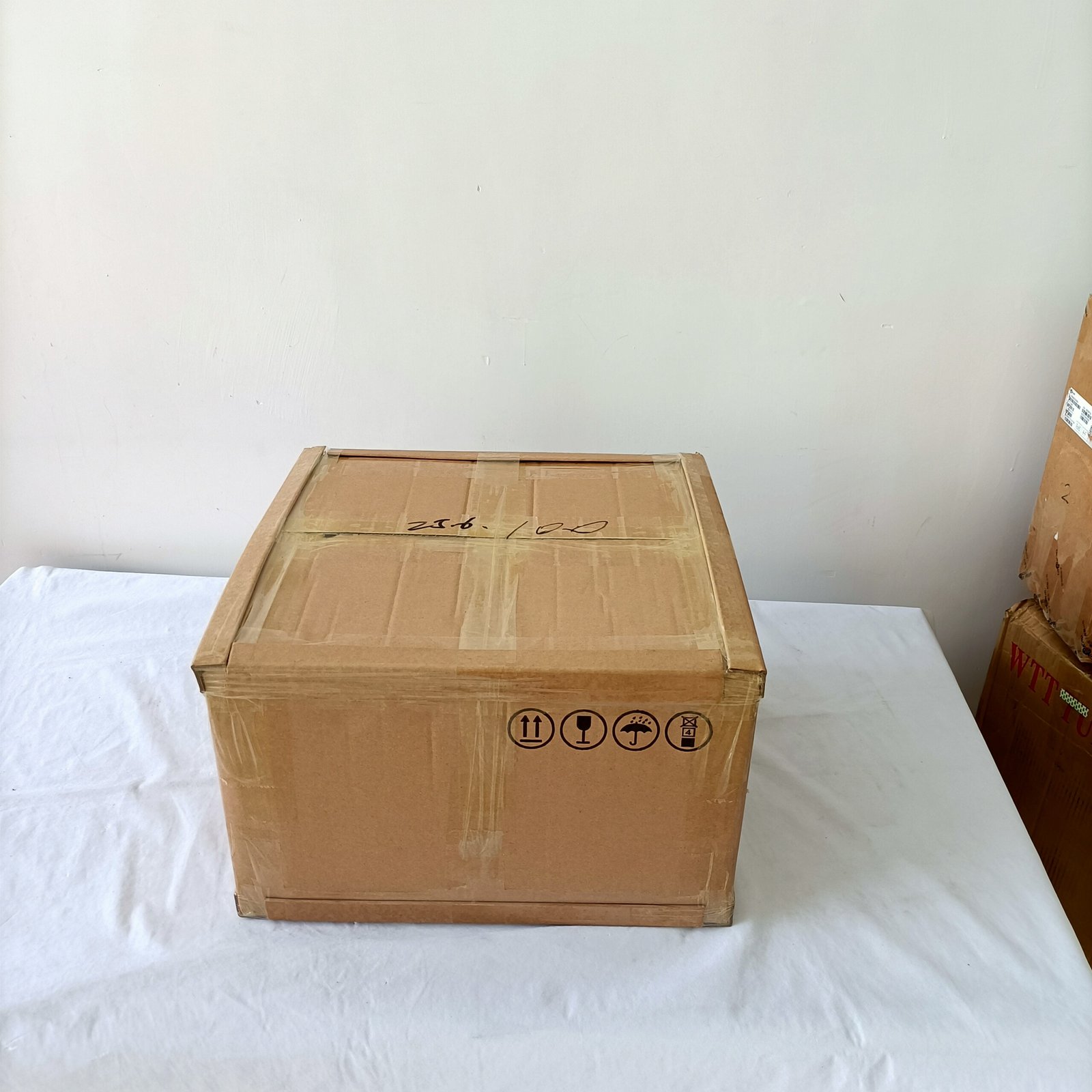
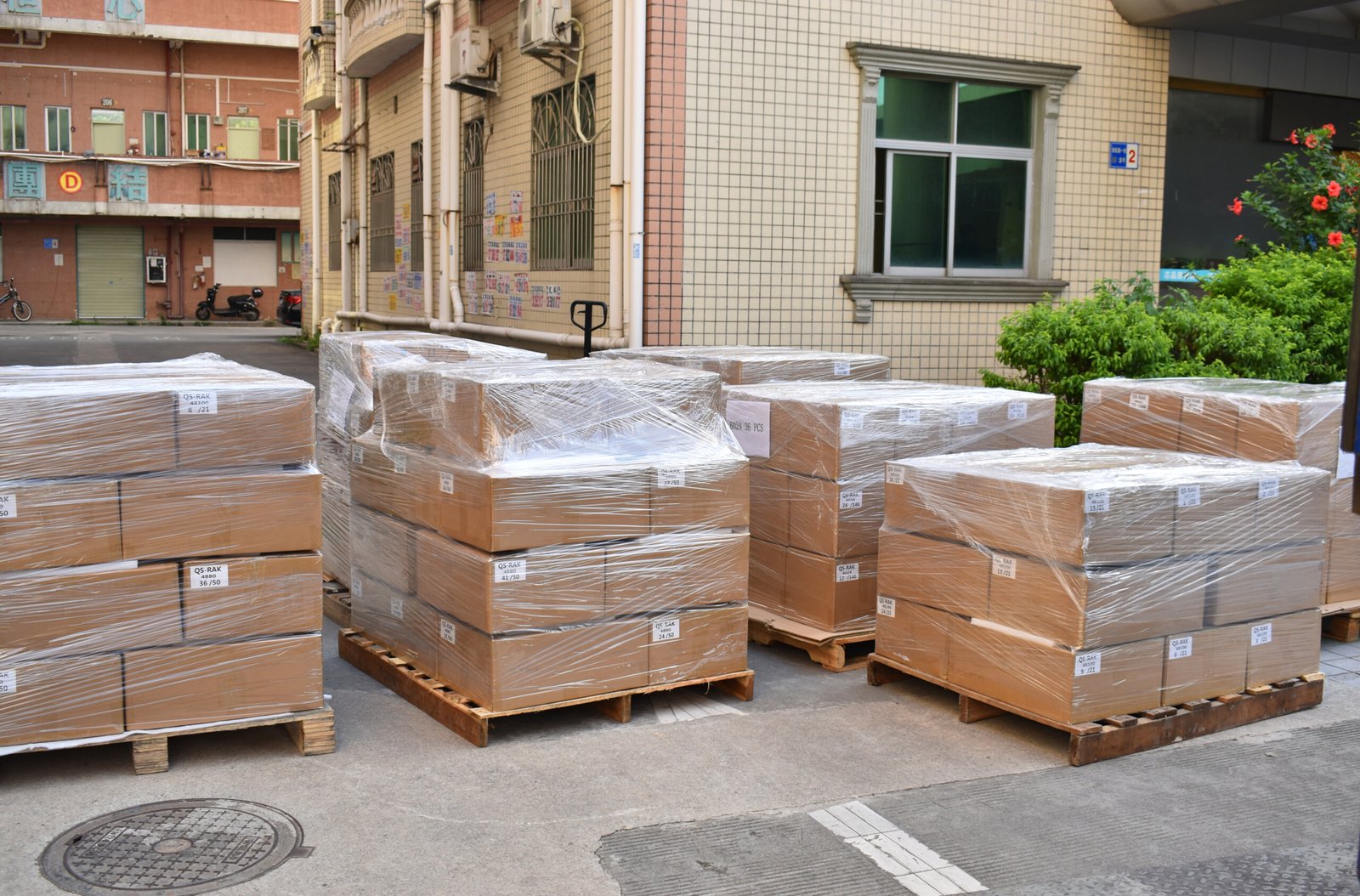
-BMS protection-
1.Over voltage protection
- When the BMS detects that the voltage of any cell exceeds the “over voltage protection point”, the charging circuit will be cut off.
- Once over voltage protection occurs, all cell voltages must be lower than the “over voltage protection release point” to release the over voltage protection state and reactivate the charging function.
2.Under voltage protection
- When the BMS detects that the voltage of any cell is lower than the “under voltage protection point”, the discharge circuit will be cut off.
- Once the under voltage protection occurs, it must be detected that the charger is connected before the under voltage protection can be released and the discharge function can be reactivated.
3.Charge over current protection
- When BMS detects that the charging current is greater than the “charging over current point”, the charging circuit will be shut off and the charging function will be disabled.
- Once the over current protection is triggered, the charger must be disconnected for 3 seconds before the over current protection can be removed and the charging function can be restored.
4. Overload protection
- When the BMS detects that the discharge current is greater than the “overload protection point”, the discharge circuit will be closed and discharge output will be forbidden.
- Once the overload protection is started, the overload protection can only be released and the discharge function can be resumed after the load is disconnected for 3 seconds.
5.Short circuit protection and recovery
- When the BMS hardware circuit detects positive and negative short circuit of battery output, it will immediately shut off the discharge circuit and prohibit output.
- Once the short circuit protection occurs, the short circuit protection can only be released and the discharge function can be resumed after the load is disconnected for 3 seconds.
6.Overheat protection and restoration
- When the BMS detects that the temperature of any of the groups exceeds the “over temperature protection point”, the BMS will close the charging and discharging circuits of the battery pack.
- Once over temperature protection occurs, BMS shall not allow charging and discharging functions until it detects that the temperature of all temperature senses is lower than the “over temperature release point”.
7.Temperature difference protection and recovery
- When the BMS detects that the temperature difference between the two groups exceeds the “temperature protection point”, the BMS will close the charging and discharging circuits of the battery pack.
- Once temperature difference protection occurs, BMS shall not allow charging and discharging functions until it detects that the temperature difference of all temperature senses is lower than “temperature difference release point”.
8.Low temperature protection under charging condition
- When the BMS detects that any temperature sensation is below the “low charging protection point”, the BMS closes the battery pack’s charging loop.
- Once charging low temperature protection occurs, BMS shall not allow charging function again until it detects that all temperature sensing temperatures are higher than “charging low temperature release point”.
9.Low temperature protection under discharge condition
- When the BMS detects that any temperature is below the “discharge low temperature protection point”, the BMS closes the discharge circuit of the battery pack.
- Once the discharge low temperature protection occurs, BMS shall not allow the discharge function until it detects that the temperature of all temperature senses is higher than the “discharge low temperature release point”.
–Cautions-
(1)Do not immerse the battery in water, and keep the battery in a cool dry surrounding if it stands by.
(2)Do not use or leave the battery at high temperature as fire or heater. Otherwise, it can overheat or fire or its performance will be degenerate and its service life will be decreased.
(3)Do not reverse the position and negative terminals.
(4)Do not connect the battery electrodes to an electrical outlet.
(5)Do not short circuit. Otherwise it will cause serious damage of the battery.
(6)Do not transport or store the battery together with metal objects such as hairpins, necklaces, etc.
(7)Do not use the battery in a location where static electricity and magnetic field is great, otherwise, the safety devices may be damaged, causing hidden trouble of safety.Turn off the switch on its base。
(8)Please use special lithium charger.
- It should be noted that the cell would be possible to be at a over-discharged state by its self-discharge characteristics in case the cell is not used for long time. In order to prevent over-discharging, the cell shall be charged periodically to maintain about 76V(Recommended 3 months one cycle).Over-discharging may causes loss of cell performance, characteristics, or battery functions.
- Do not disassemble battery.
1 I want to custom battery pack, can you make it?
We are lithium Battery Manufacturer for 7 years,so if you have any request on li-ion battery packs, simply send us an inquiry.
2 How Soon can I get samples, and how much will you charge it, will you refund?
We make samples in about 3-12 days, depending if we have them on stock, no extra markup on samples, and will refund on mass production.
3 What’s your warranty? When does it start?
All of our products have one year limited warranty, start from the shipping date.
4 How shall i proceed with the returns?
please contact our sales representative for a RMA form, we’ll proceed accordingly.
5 What will You Do if we got damaged products when arrive?
We will replace new goods at our cost if the batteries are damaged when arrive, no charges on your side, please contact us for images of damage.
6 How about your lead time, and especially when can i get the goods after i make payment?
Lead Time for samples is about 10 days and bulk order around 12-25 days depending on the order quantity and our order on schedule.
7 How about the MOQ?
Mostly we don’t have MOQ. Especially for the samples. For Custom battery, our MOQ 100.

